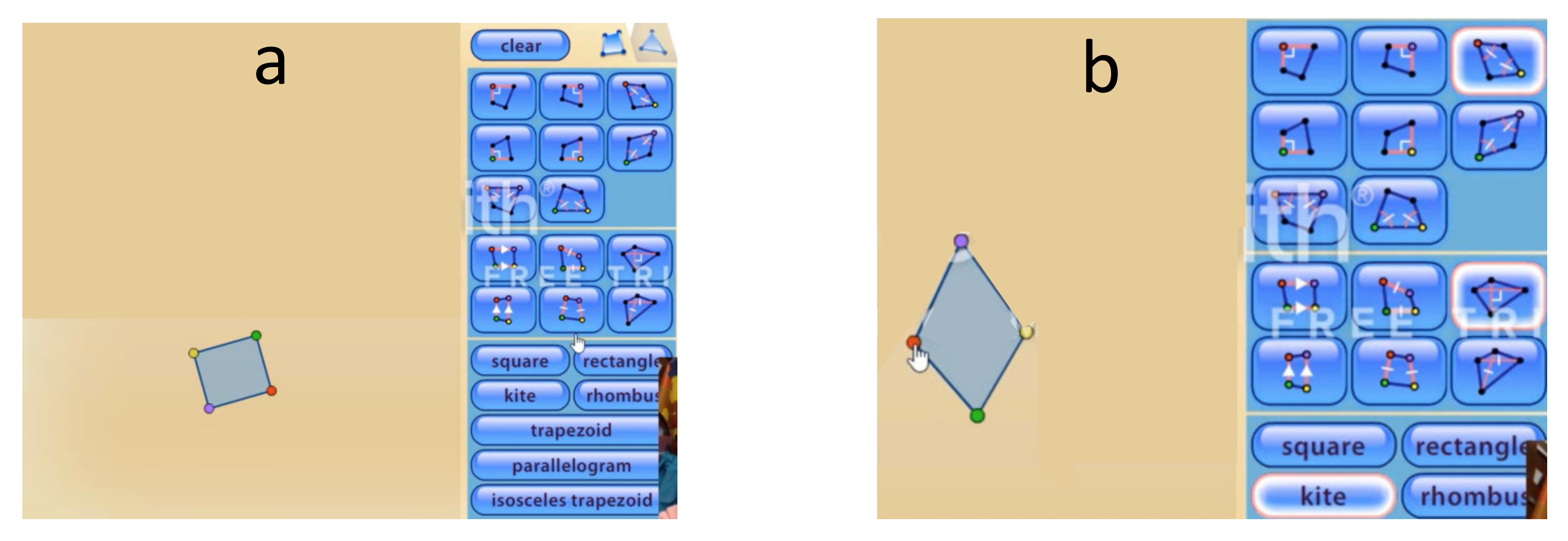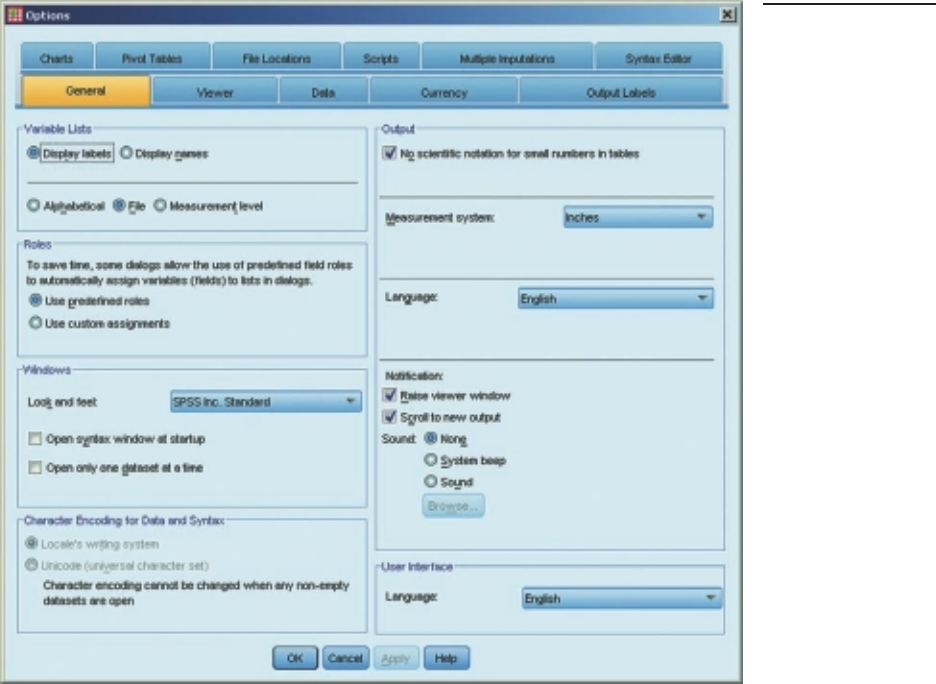


PHI: Protected Health Information (as defined by the HIPAA Privacy Rule 45 CFR 164 § 501)
PITT STUDENT SPSS CODE CODE
Note that IP addresses are considered by the University and some international standards to be identifiable even though the address is linked to the computer and not specifically to the individual.ĭe-Identified: Investigator cannot readily ascertain the identity of the individualĬoded: Identifying information (such as name) that would enable the investigator to readily ascertain the identity of the individual to whom the private information or specimens pertain has been replaced with a code (number, letter, symbol, or any combination) and a key to decipher the code exists, enabling linkage of the identifying information to the private information or specimens This includes any information that was recorded or collected without any of the 18 identifiers as defined by HIPAA. DefinitionsĪnonymous data: Data that at no time has a code assigned that would permit the data to be traced back to an individual. Review the Electronic Data Management Helpful Tips guidance to aid in completing PittPRO. Submit a Help Request using the Online Service Request Form. Use the subject line "Requesting a data security consultation for research." Or, call the Help Desk at (412) 624-HELP, and request a data security consultation for a research study. It is important that you plan to review this document and related University Information Technology site on a regular basis since technology evolves rapidly. The University offers a wide range of Information Technology services for all faculty, staff, and students, and we encourage investigators to consult with their IT staff to develop standard best practices. Data security must be discussed regularly at research team meetings, and data security details must be included in the study data and safety monitoring plan. For example, the research team should understand they need to document their standard practices for protecting research data so that they can provide these details to the IRB if a mobile device is lost or stolen. All members of the research team should receive appropriate training about securing and safeguarding research data. The Principal Investigator (PI) is responsible for ensuring that research data is secure when it is collected, stored, transmitted, or shared. For example, those doing research involving countries or citizens in the European Union should familiarize themselves with the General Data Protection Regulation (GDPR) In addition, research is now a global enterprise, and investigators should understand the international laws or regulations that may apply when conducting research outside the United States. These best practices will need to adapt as technology evolves, so it is important that research teams keep current with the guidance and resources offered by the University. The purpose of this document is to help the research community develop best practices for managing electronic data. Today, the majority of data is at some point collected, transmitted, or stored electronically. To meet this requirement, federal regulations require researchers to provide a plan to protect the confidentiality of research data. Federal regulations require IRBs to determine the adequacy of provisions to protect the privacy of subjects and to maintain the confidentiality of their data.


 0 kommentar(er)
0 kommentar(er)
